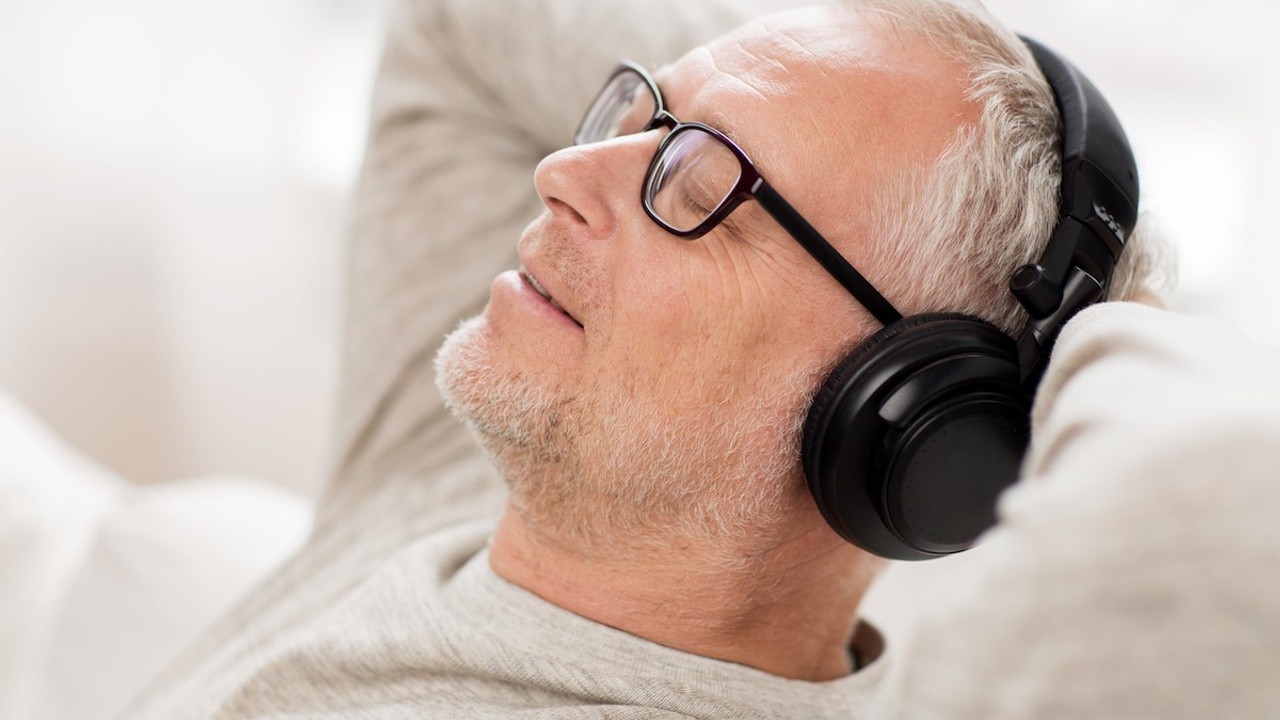Can Hypnotherapy Help With Anxiety?

The science is clear on this one - hypnosis is a highly effective intervention for anxiety.
Its effectiveness was assessed by looking at 17 controlled trials of hypnosis for anxiety. Some focused on general anxiety, others on medical anxiety, and others on dental anxiety.
Overall the average participant treated with hypnosis achieved more anxiety reduction than about 79% of control participants (who had no treatment) at the end of active treatment and about 84% of controls at the longest follow-up. (1)
This is fantastic news. It means, if you are one of the millions suffering from an anxiety condition, that there is hope.
Anxiety disorders are incredibly common, affecting nearly a third of the population at some point in their life. They're perhaps the most impairing and costly mental health conditions, and they have a huge impact on those who live with them every day, and on society at large.
Add to this the lower level anxiety that is not actually declared as a disorder, but is still problematic, that has a detrimental impact upon decision making, performance and sleep amongst other things.
There are many simple hypnotherapy techniques that can help, and many of them once learnt can also be self-applied - as in self-hypnosis.
This makes it easier to maintain yourself, your well-being and get back in control of your life. Once anxiety is reduced, it becomes easier to think clearly, enjoy better decision making, perform better, rest and sleep.
If you regularly experience anxiety, or an irrational fear, then get in touch by booking a hypnosis strategy call with me, and we can discuss how hypnosis can help you to be anxiety free.
(1) Valentine, K. E., Milling, L. S., Clark, L. J., & Moriarty, C. L. (2019). THE EFFICACY OF HYPNOSIS AS A TREATMENT FOR ANXIETY: A META-ANALYSIS. International Journal of Clinical and Experimental Hypnosis, 67(3), 336–363.
DISCLAIMER
The articles on this blog are where possible are underpinned by peer-reviewed research and information drawn from medical societies and governmental agencies, but they're not a substitute for professional medical advice. If you have any medical questions or concerns please talk to your healthcare provider.
